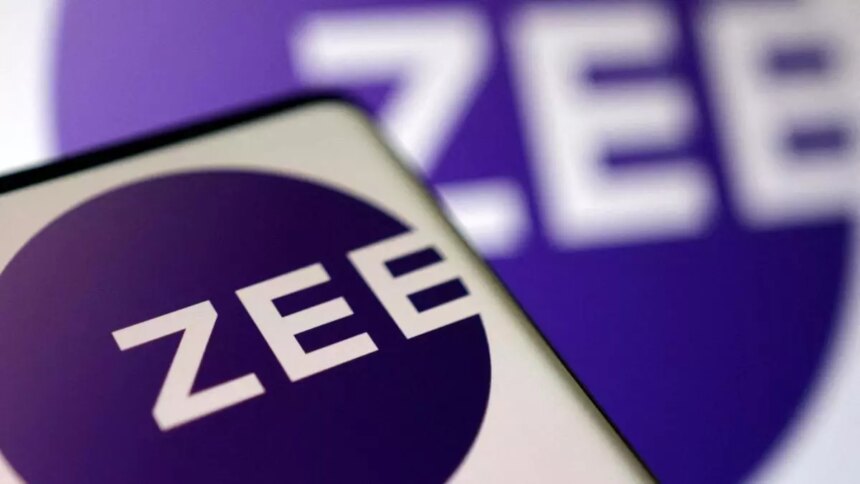SEBI’s recent decision to reject the settlement applications of Zee Entertainment Enterprise Ltd (ZEEL) and Punit Goenka has sparked further investigation into the matter involving Subhash Chandra, Chairman of Essel Group and ex-Chairperson of ZEEL. The investigation stems from a 2023 SEBI probe that accused Chandra of providing a letter of comfort (LOC) on behalf of related entities to secure loans from Yes Bank. Following the probe, Chandra and Goenka were banned from holding any managerial or directorial roles in any company.
In a recent order, SEBI announced that it will issue fresh show cause notices to all three entities, incorporating content from the earlier show cause notice, examination reports, and other relevant documents. The matter will now be re-assigned to Amit Kapoor, Adjudicating Officer for further proceedings.
In light of these developments, it is essential to understand the implications of SEBI’s decision and its potential impact on the individuals and companies involved in the investigation. The rejection of the settlement applications signifies a continuation of the regulatory process and indicates that further scrutiny and actions may be taken against the accused parties. It also raises questions about corporate governance, regulatory compliance, and the accountability of key stakeholders in ensuring transparency and ethical practices in the financial markets.
As the investigation progresses, stakeholders, investors, and the wider public will be keenly watching the developments to ascertain the outcomes and potential repercussions for ZEEL, Punit Goenka, Subhash Chandra, and the Essel Group. The case underscores the importance of regulatory oversight, adherence to compliance standards, and the need for robust mechanisms to maintain the integrity of the financial system. It serves as a reminder of the responsibilities that companies and their leadership bear in upholding ethical standards and ensuring good governance practices to safeguard the interests of all stakeholders.










